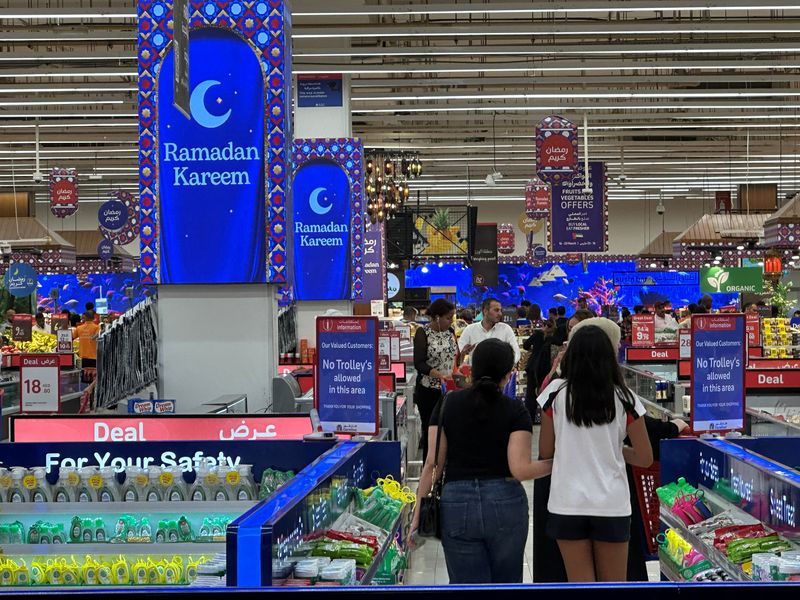DUBAI (Reuters) - Capacity constraints weighed on non-oil business activity in the United Arab Emirates in May with output growth at its slowest in 16 months, a survey showed on Wednesday.
The seasonally-adjusted S&P Global UAE Purchasing Managers' Index stood at 55.3 in May, unchanged from April's reading which was the lowest since August last year.
The output sub-index retreated to 60.8 in May, from 63.2 the previous month, its slowest rate of expansion since January 2023.
New sales growth picked up in May, with the sub index for new orders rising to 58.7 from 56.0 in April, but the rise was the second weakest since August last year.
While demand momentum improved after the disruption of April's unprecedented floods, some respondents reported that sales volumes were slow to recover, while backlogs of work rose at the fastest pace since the survey began in 2009 on the back of capacity constraints.
"The findings suggest that firms have a lot of work to do to get on top of their workloads, including rebuilding output levels, hiring workers and boosting inventories," David Owen, senior economist at S&P Global Market Intelligence, said.

"Nonetheless, with demand still strong, firms should be in a good position to resume their robust growth once capacity has been restored," he added.
Despite a slowdown in activity growth, optimism among respondents for future output was broadly upbeat, supported by stabilising economic conditions and higher sales, among others.